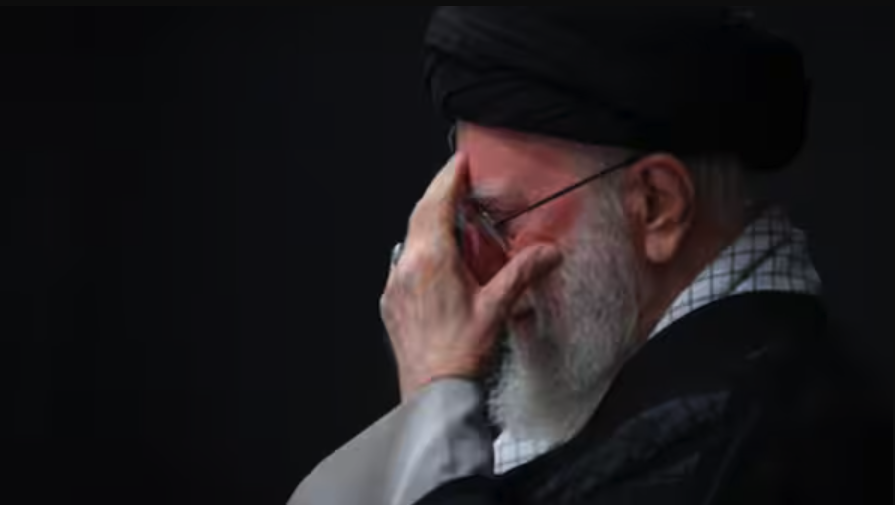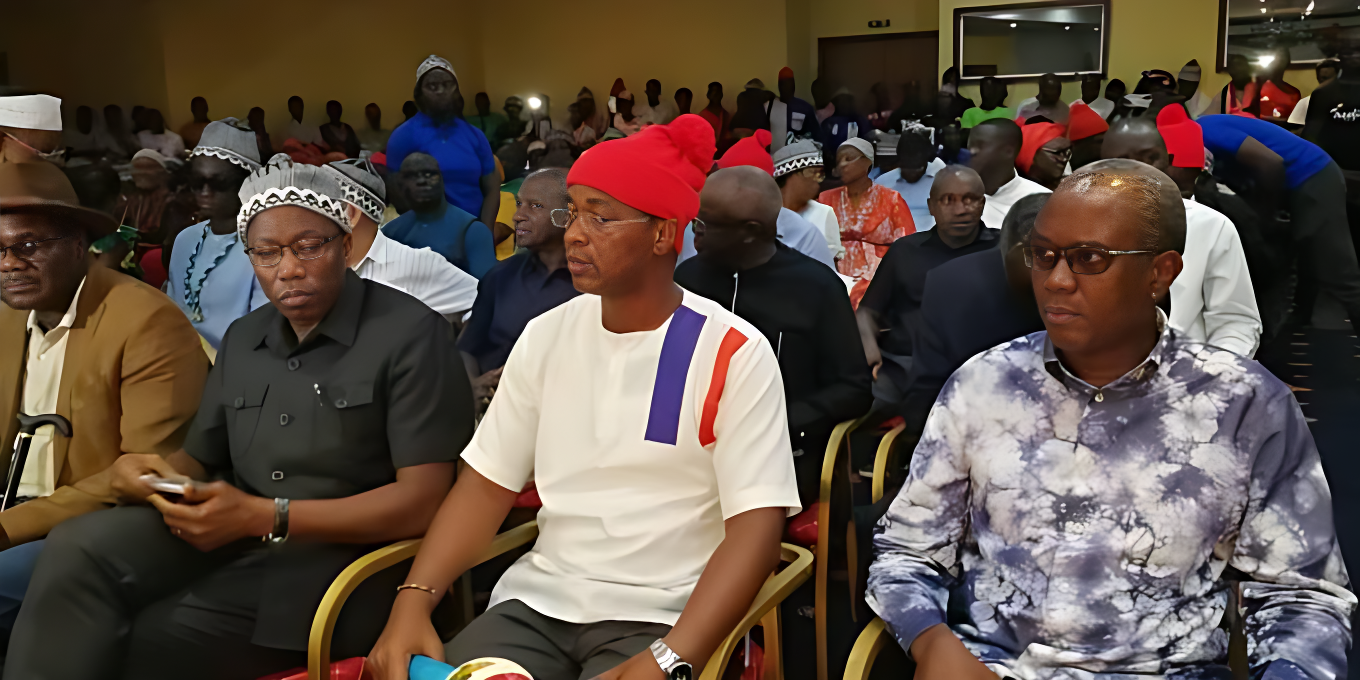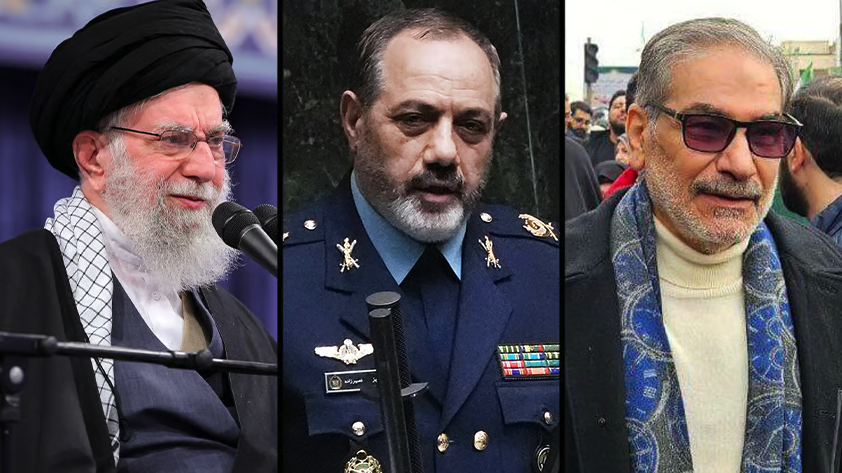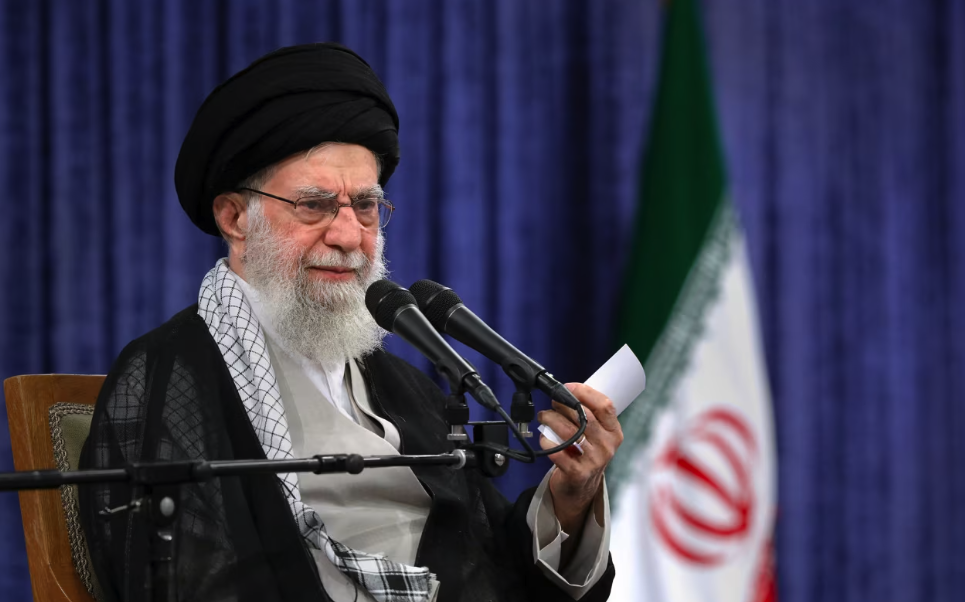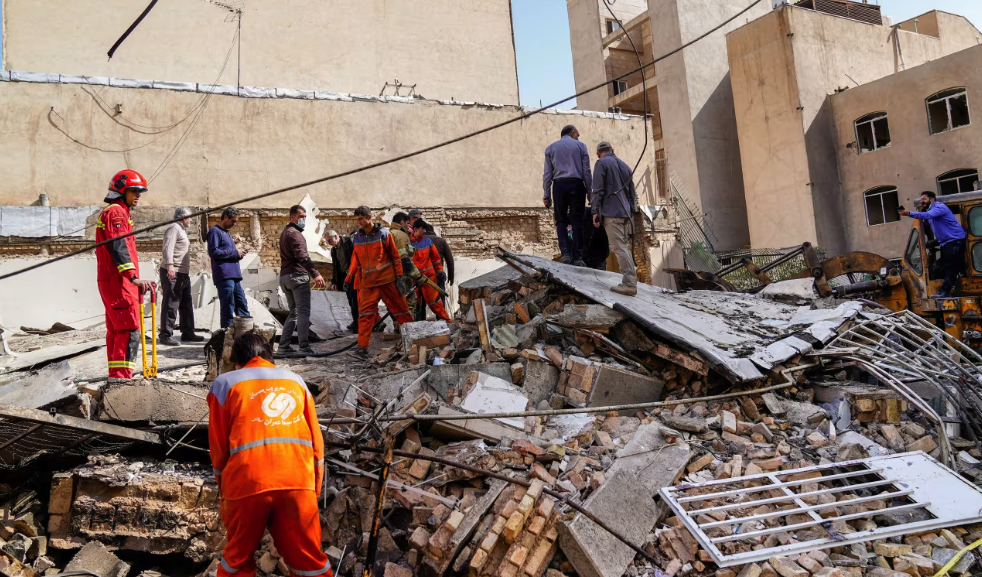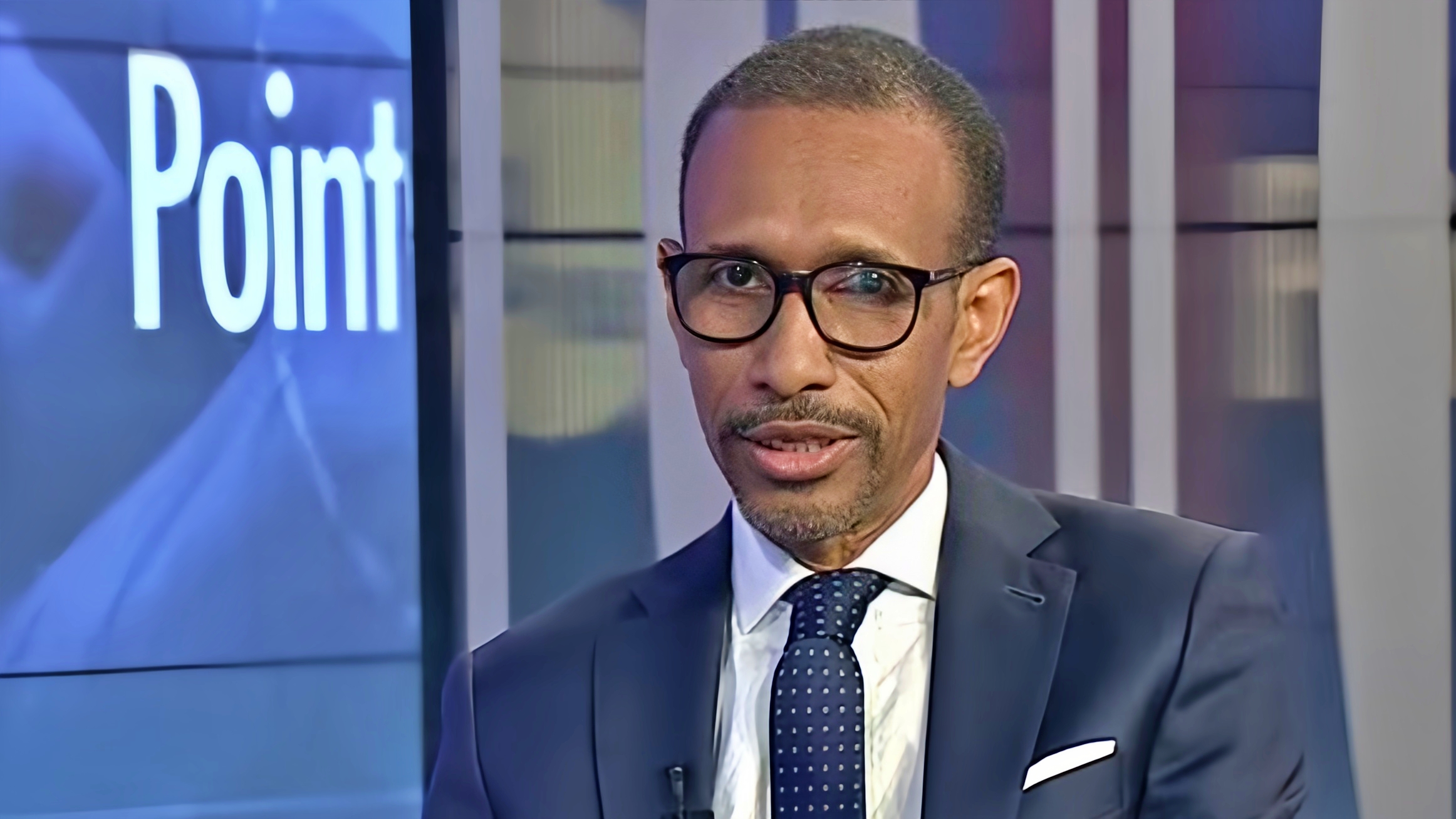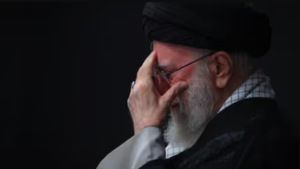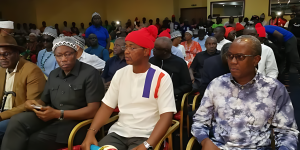Gambia.com – (DAKAR, Senegal) – The president of the Union of Senegalese Judicial Officers (UMS), Justice Cheikh Ba, a senior judge who is also the president of Dakar’s Court of Appeal, has issued one of the starkest warnings yet about increasing political pressure on the judiciary, denouncing attempts by both the executive and the National Assembly to interfere with judicial processes.
Speaking on RTS’s “Point de vue” on Sunday, November 16, Justice Bâ described a justice system struggling under political encroachment, constant arrests that chill freedom of expression, and reforms that threaten, rather than strengthen, judicial independence.
Ba painted a troubling picture of a judiciary “overwhelmed, under-resourced, and increasingly targeted,” insisting that the separation of powers in Senegal is under palpable threat.
Judges Under Pressure: “We Are Not an ATM”
Justice Bâ rejected claims that judges arbitrarily issue arrest warrants, a growing criticism in a volatile political environment marked by frequent arrests of activists, journalists, and political opponents.
“Judges are not an ATM,” he said, stressing that judicial decisions are based solely on legal circumstances, not political pressure. His intervention comes amid rising concern that prosecutorial decisions are being weaponised to silence dissent.
While defending the public prosecutor’s duty to preserve public order, Justice Bâ admitted the office remains widely viewed as an extension of the executive.
He insisted that written instructions from the executive, if they ever occur, are required by law, seeking to reinforce a system many Senegalese believe has been compromised.
Executive Influence and Judicial Reform: A Red Line
Justice Bâ reserved his strongest criticism for the executive branch’s attempts to reshape key judicial institutions, particularly the High Council of the Judiciary (CSM).
The government’s proposal to open the body to other professions—framed as a transparency measure—was rejected outright by the UMS president.
“No intruding bodies in the composition. This position is unanimous, clear, unequivocal, and non-negotiable,” he declared, arguing that groups whose members appear in court cannot be allowed to sit in disciplinary or administrative bodies that govern judges.
Despite the CSM being chaired by the President of the Republic, Ba dismissed concerns about the president’s presence, describing the Head of State as “the keystone of institutions.” His sharpest criticism, instead, focused on new reform efforts launched without meaningful consultation with judges themselves.
“You cannot reform justice without the true actors of justice. We are the ones who experience the problems,” he said, accusing successive governments of announcing reforms “poorly prepared” and never implemented.
National Assembly “Attempts to Coy Judges” Into Hearings
Tensions between the judiciary and parliament have also escalated after attempts by the National Assembly to summon judges for hearings. Justice Bâ condemned the effort as a frontal attack on judicial independence.
“There is no question of a legislative power arrogating to itself the right… to hear a judge,” he warned.
“How can a judge freely and independently do his job if he knows he can be dragged before parliament? We will not accept it.”
Justice Bâ’s remarks reflect growing concern in legal circles that parliamentarians are seeking political leverage over judges in sensitive cases—particularly those involving state corruption, security issues, or influential politicians.
Climate of Intimidation and Attacks on Free Speech
Justice Bâ also hinted at a broader climate of intimidation affecting the judiciary, noting that judges have been “erased” or threatened to be “erased” by a government official before members of the National Assembly.
The comment refers to Prime Minister Ousmane Sonko warning of his intention to “erase judges who refuse to align with the government’s will to change the system.” Justice Bâ’s comments also echo civil society fears that democratic backsliding is deepening, marked by restrictions on freedom of speech and repeated arrests of critics of the government.
“We are not driven by emotion,” he said, maintaining a calm posture. “But these attacks are real.”
Justice System ‘Overwhelmed,’ Not Slow, and a Warning for the Republic
Beyond political interference, Justice Cheikh Bâ described a system collapsing under the weight of structural dysfunction. Senegal recruits only 35 new judges per year, a number far too small for the caseload. Chronic underfunding continues to erode the quality of legal processes and delay trials.
“When people say justice is slow, justice is not slow—justice is overwhelmed,” he stressed.
He pointed to outdated and overly punitive laws—particularly those relating to drug trafficking and rape—that are clogging court dockets and overcrowding prisons.
Despite his stark assessment, Justice Cheikh Bâ defended the quality and professionalism of Senegal’s judges, calling them “among the best in Africa.” Still, he delivered a grave warning about the consequences of systematically weakening the judiciary.
“If we weaken the judiciary, we weaken the foundations of the Republic and lead Senegal toward an unknown future,” he cautioned. “The only alternative to justice is machetes and gunfire.”
As Senegal navigates political tensions, arrests linked to dissent, and contested judicial reforms, Justice Cheikh Bâ’s message underscores what many observers describe as a turning point: the fight to preserve judicial independence at a moment when democratic institutions feel increasingly fragile.



